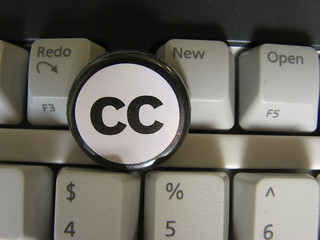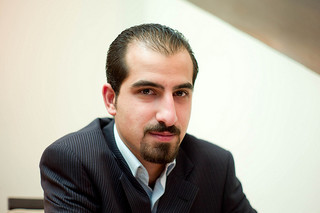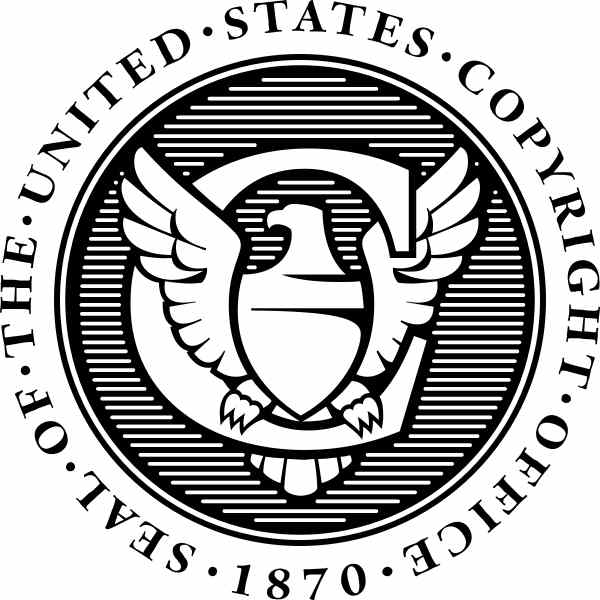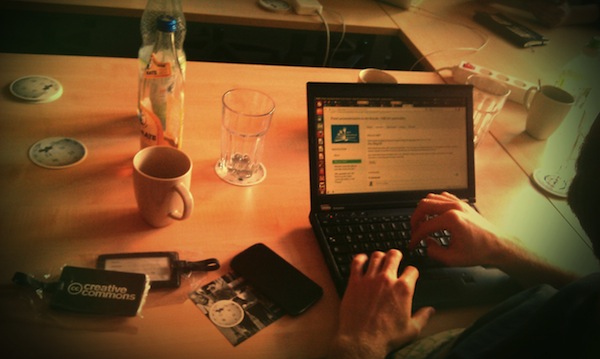Today, U.S. Register of Copyright Maria Pallante stood before Congress to say: we need a new copyright law. Pallante’s prepared remarks (127 KB PDF) to the U.S. House of Representatives, Subcommittee on Courts, Intellectual Property, and the Internet called for “bold adjustments” to U.S. copyright law.
This is a most welcome aspiration. A strong push for copyright reform is currently occurring around the world through domestic reviews and in international fora like WIPO — coming both from those wanting increased recognition of user rights and those calling for tighter author controls. With the United States one of the leading nations advocating for stronger copyright protection through treaties such as ACTA and the TPP, the international community will be closely observing any movement in U.S. domestic law.
In addition to several meaningful reform ideas — including shortening the copyright term itself, alterations to the Digital Millennium Copyright Act, and making revisions to exceptions and limitations for libraries and archives — we’re happy to see that the Register is highlighting the crucial need to expand and protect the public domain. Some of the most compelling work undertaken by Creative Commons and others in the open community has to do with increasing the accessibility and value of the public domain. We hope a more positive public domain agenda can become ingrained into the foundations of U.S. copyright policy. The central question: Can the United States devise a better system for both authors and the public interest in an environment where technology and social norms are increasingly disconnected from an aging copyright law?
Pallante said, “[A]uthors do not have effective protections, good faith businesses do not have clear roadmaps, courts do not have sufficient direction, and consumers and other private citizens are increasingly frustrated.” However, there is no doubt that public copyright licenses are offering a substantial and effective counter to some of these pains — even noted by Ms. Pallante in her longer lecture at Columbia University titled The Next Great Copyright Act (337 KB PDF), “[S]ome [authors] embrace the philosophy and methodology of Creative Commons, where authors may provide advance permission to users or even divest themselves of rights.” CC licenses and public domain instruments are right now helping alleviate frustration with copyright for all — individuals, businesses, institutions, governments — who opt in to using public licenses and licensed works.
Indeed, public licenses are easy-to-use tools for communities that wish to share their creativity on more flexible terms. And when millions of motivated creators share under public copyright licenses like CC, they create great and lasting things (hello Wikipedia). Public copyright licenses shine brightly in the light of Pallante’s telling reflection: “If one needs an army of lawyers to understand the precepts of the law, then it is time for a new law.”
At the same time, the existence of open copyright licenses shouldn’t be interpreted as a substitute for robust copyright reform. Quite the contrary. The decrease in transaction costs, increase in collaboration, and massive growth of the commons of legally reusable content spurred on by existence of public licenses should drastically reinforce the need for fundamental change, and not serve as a bandage for a broken copyright system. If anything, the increase in adoption of public licenses is a bellwether for legislative reform — a signal pointing toward a larger problem in need of a durable solution.
We and the rest of the international community are looking forward to seeing what Pallante and Congress have in mind when they continue the discussion after today. In her oral testimony, Ms. Pallante said, “Copyright is about the public interest.” We hope that the public interest has a seat at the table, with room both for open content licensing and positive legislative reform. The existence of CC licenses does not limit the need for reform. Open licenses help forward-thinking people and institutions to live and thrive in the digital age now, and illuminate the roadmap for beneficial reform to come. Let us begin.




